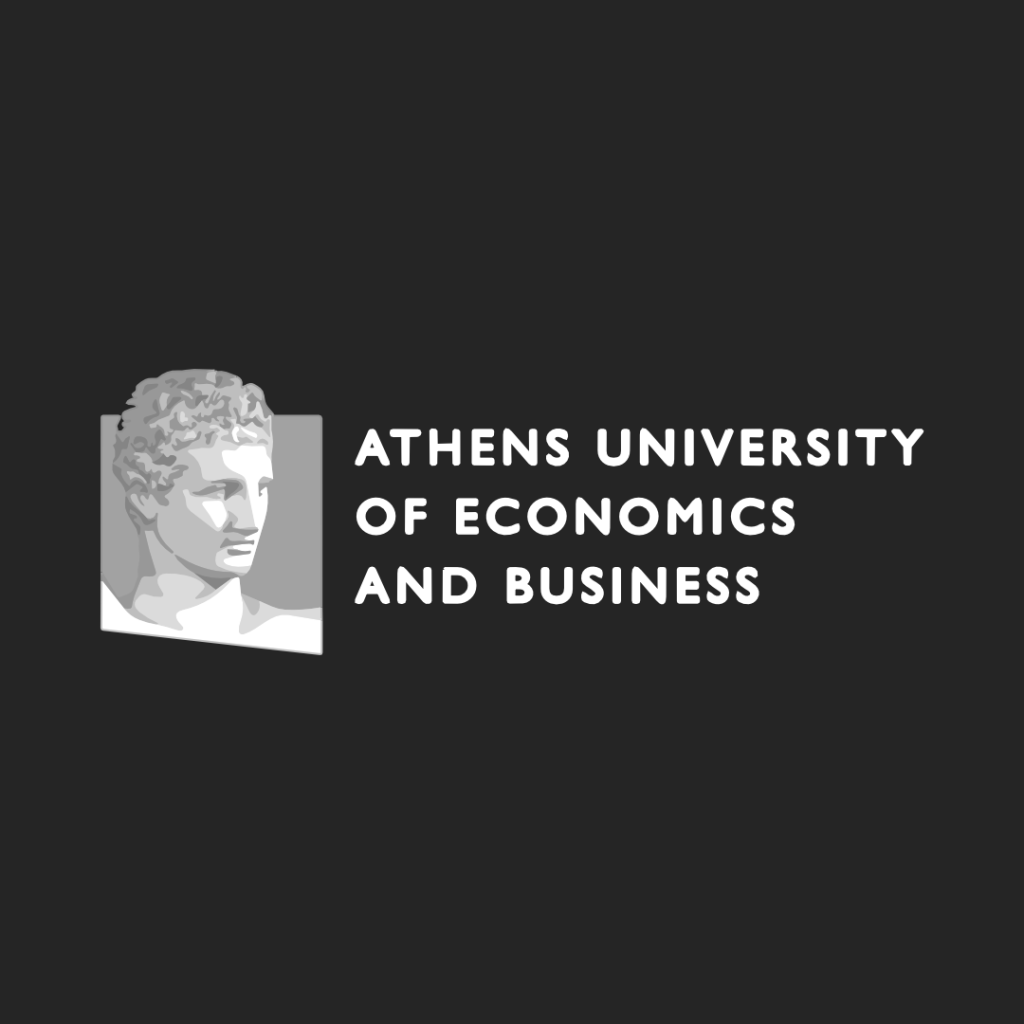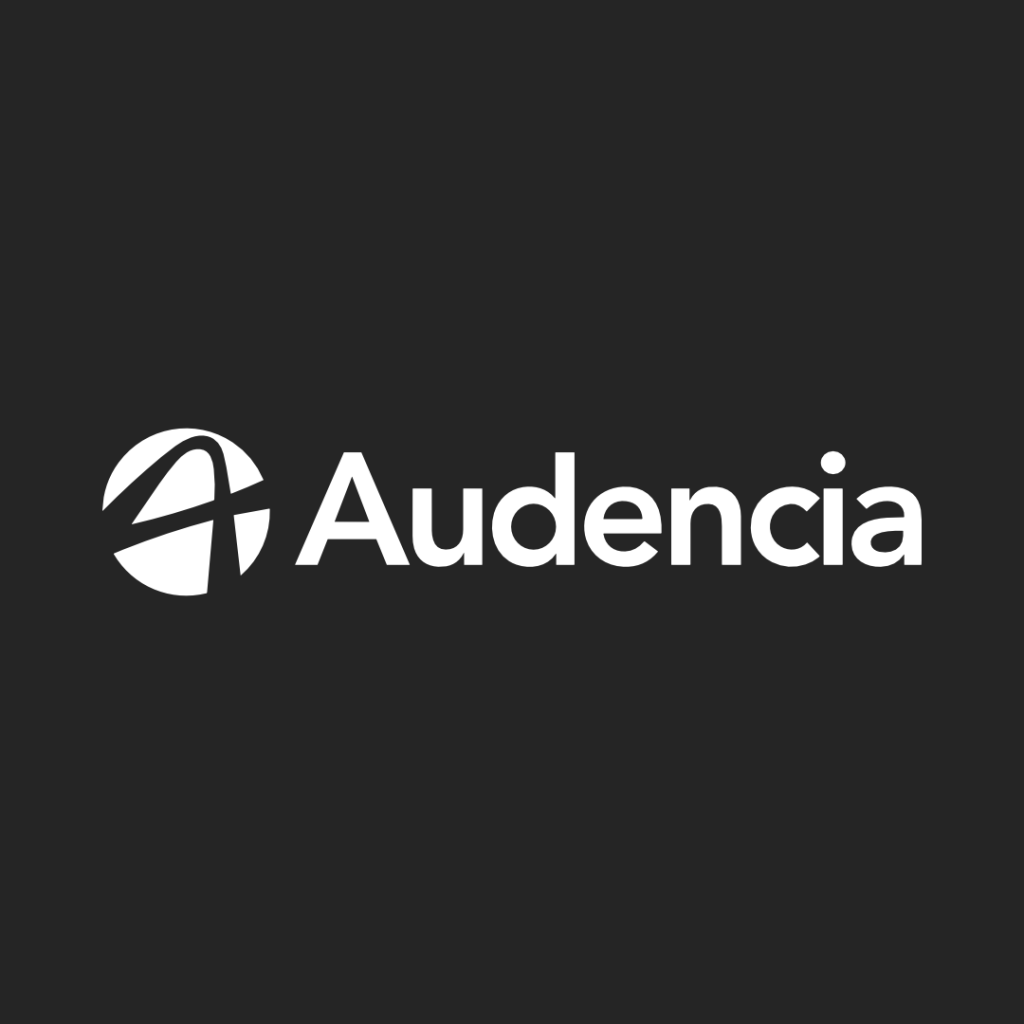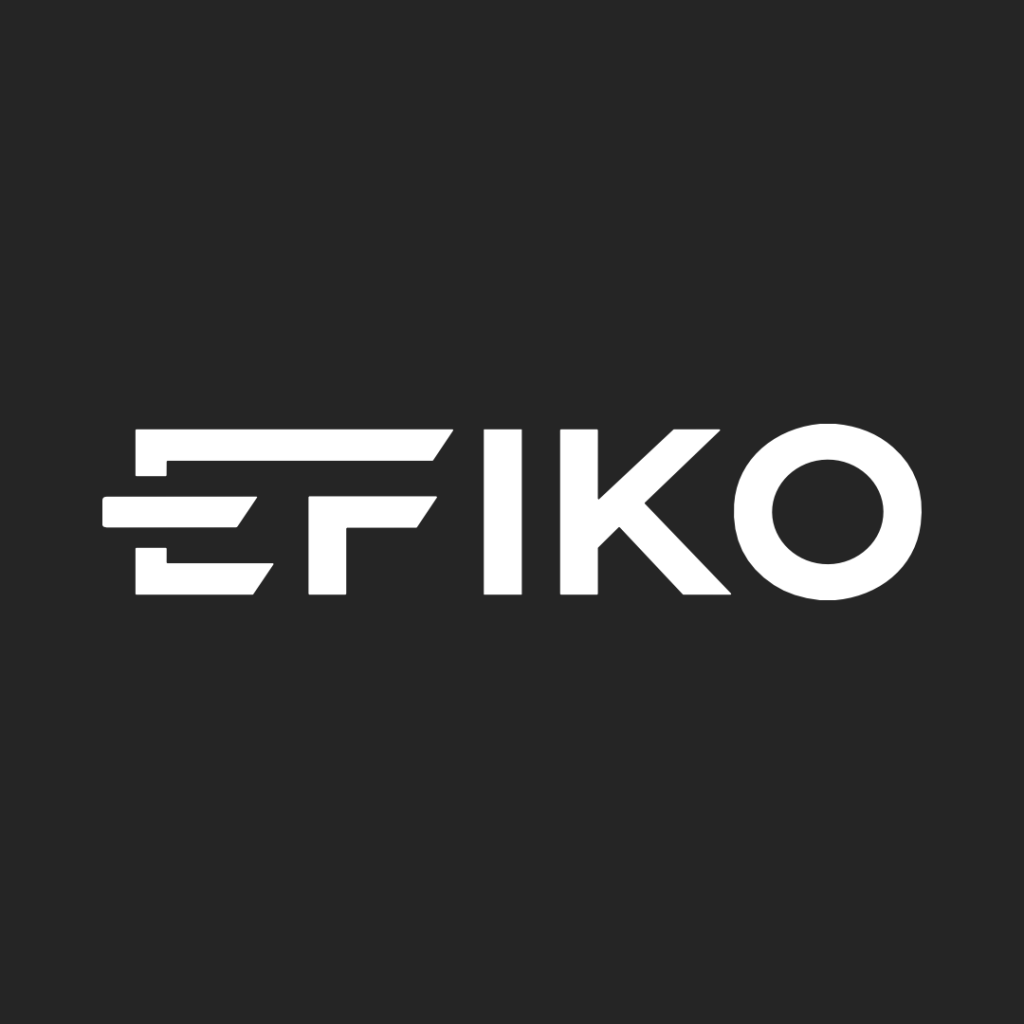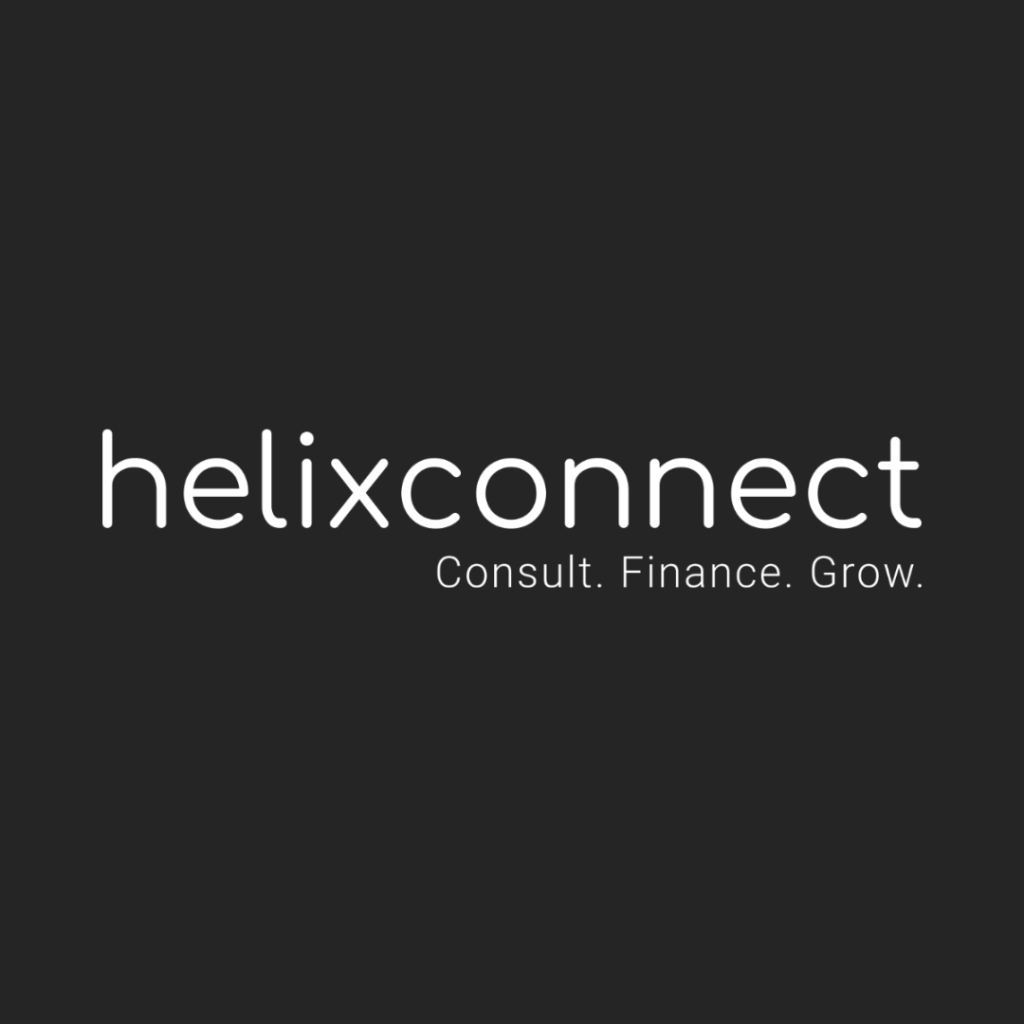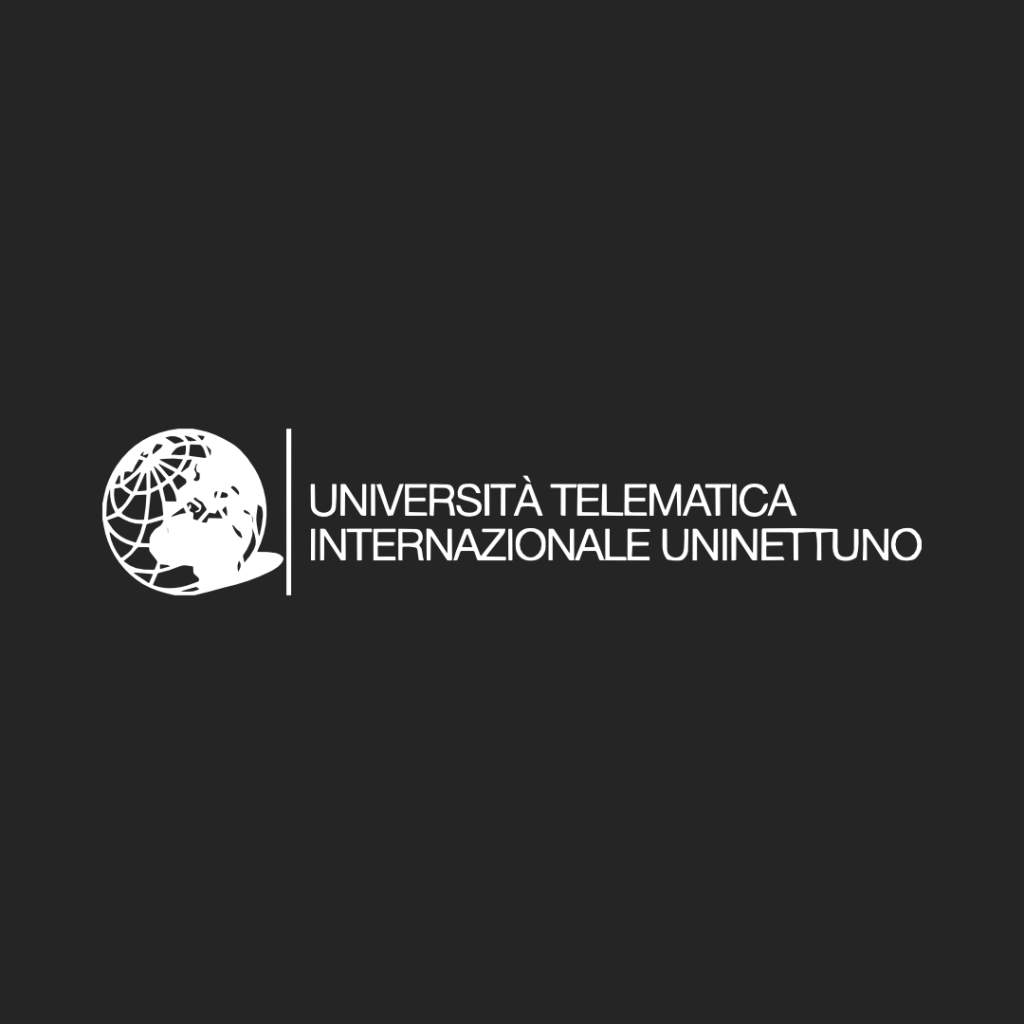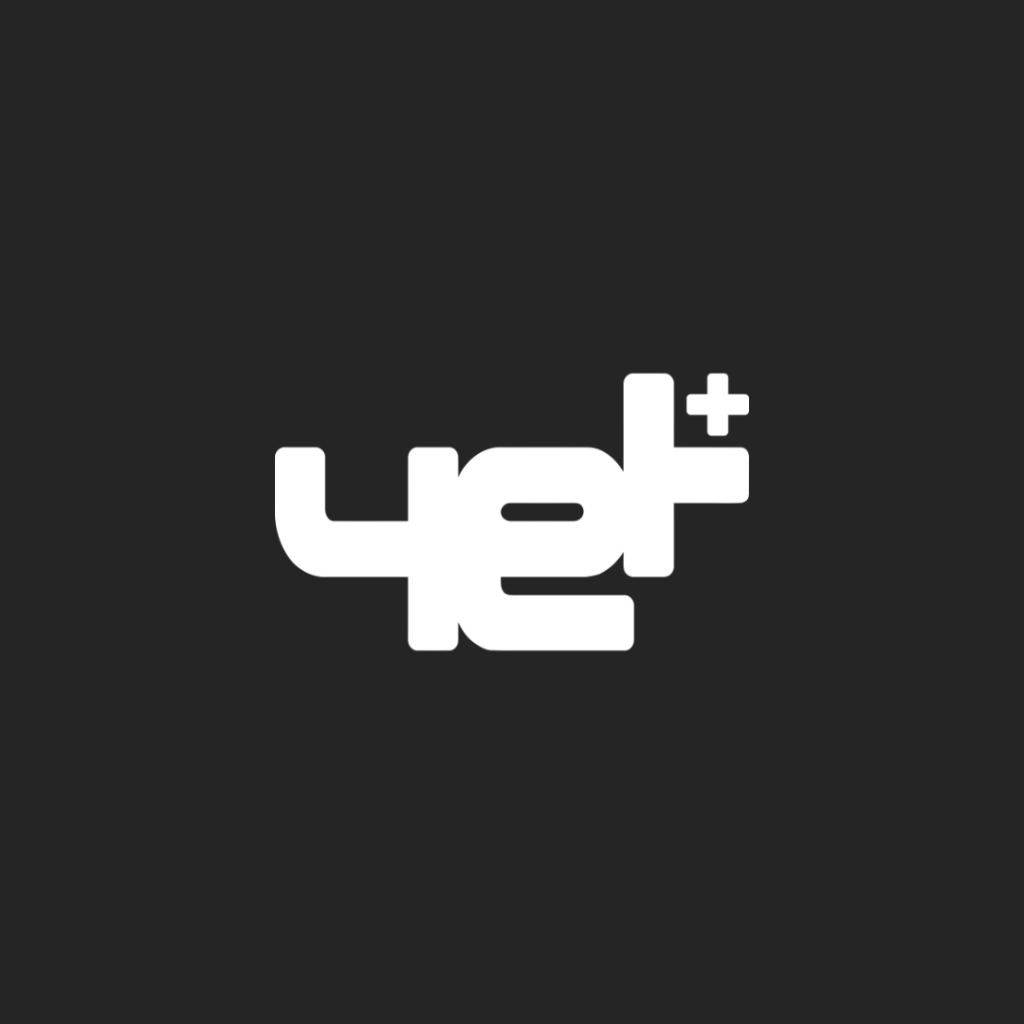Redesigning Education for Ethical Digitalization
About
The REED project was developed after extensive dialogue between academic, industry and policy experts addressing a pressing societal challenge: the dark side of the digital economy. The digital revolution is changing the way we live and interact, but it is neither sustainable nor equitable. Issues such as data security, privacy, monopolies, the digital divide, negative externalities affecting climate change, exploitation of rare earths and more are mere examples of the impact of rapid digitalization for societies and the environment.
Experts involved in the REED project have diagnosed that part of the problem lies with the fact that business and technology-oriented academic programmes, do not explicitly address such issues in relevant courses. Higher education graduates are exposed to the technical and business implications of emerging technologies and digitalization with the focus being primarily on outcomes such as firm performance, or technological efficiency, design and so on.
We argue that Europe’s future leaders in business and technology should be exposed to a debate aimed at expanding their mindset to include a critical view on the societal and environmental impact of emerging digital technologies, preparing them to better address the challenges of the digital economy currently expanding faster than the real economy and the ripples that are caused globally.
Objectives
REED aims to boost readiness, resilience and competences of academics by providing knowledge/tools to address ethical issues and risks that arise from the Digital Economy and digitalization.
Will also empower lecturers and students to become better-informed “Technological citizens” who have an excellent knowledge of technology while being aware of the ethical issues raised by technology and its applications by rewarding excellence in learning, teaching and skills development. Future European leaders in business and technology should expand their mindset taking into account social responsibility alongside technological knowledge. To increase the impact and foster the long-term sustainability of our project, we will enable our target audience to get certificated in responsible and ethical technology content and teaching.
REED will allso focus on the promotion of interconnected higher education systems. Cooperation with university institutions and other educational institutions at other levels between the EU countries and beyond is essential to achieve the objectives of this project. It is worth mentioning that in order for this project to be successfully completed, specialists from various fields such as academia, NGOs and industry experts are additionally going to work together. REED brings together experts in digital transformation, higher education, youth entrepreneurship and sustainability promoting cooperation between different geographic areas of Europe and fields of knowledge.
Finally, REED will pursuit the synergy of technological sciences with those such as sociology, philosophy, psychology and history. Promoting cooperation between different fields of knowledge expands the educational affordances of technologies and mindset to include a critical view to raise awareness of digital technologies’ societal impact
Goals
REED aims to assist university lecturers in their attempt to innovate and adapt their course content and practices to reflect the aforementioned societal needs. We aim to not only provide them with state-of-the-art material addressing the topics above but also train them in how to effectively embed and deliver the new content in their classes. What is more, we aim to reward teaching excellence by offering a certification to all participating lecturers.
The ultimate goal of REED is to help shape a new generation of business and technology leaders, informed, possessing the necessary critical thinking, and well educated on all pressing issues related to the rapid expansion of the digital economy, starting at the university and working closely with the academic staff. We aim to contribute to EU’s agenda for a more inclusive, green and fair society in a trickle-down manner, starting at higher education, training academic staff, enhancing existing courses and curricula, help shape a new generation of leaders and experts and ultimately help societal awareness and response to a critical challenge.
deliverables
Subscribe to our newsletter now!
REED will keep you posted on any updates and news throughout the course of the project. Stay tuned!
Contact us
We would be happy to speak with you.
Feel free to reach out using the contact form.

This project has received funding from the European Union’s Erasmus+ Programme. The contents of this website reflect the views of the REED project. The views expressed in the website do not necessarily reflect the views of the EC

